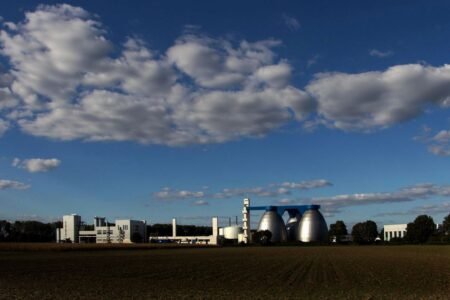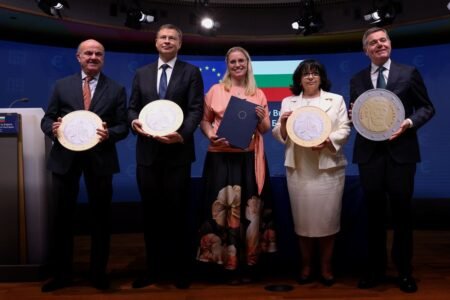Following the EU-China Summit in Beijing on 12 ? 13 July, AEGIS Europe, a grouping of nearly 30 European manufacturing associations, says that European leaders must not let down European industry and its workers by giving into China on Market Economy Status (MES). ‘Concessions’ on steel dumping are not justification for the granting of the much-coveted status.
Advertisement
“The European Commission must not fail in its duty of care to European industry. There are many, many other EU industries at risk of disappearing, aside from steel, if the EU grants China MES. China does not meet the EU criteria for a market economy, and therefore it is entirely inappropriate to even consider this question until they do. Furthermore, there is no legal obligation to do so,” stressed Milan Nitzschke, spokesman for AEGIS Europe.
“To state it simply, China’s state planned economy systematically orchestrates overcapacities and then offers products below production costs in international markets to overwhelm competition and ultimately hold a monopolistic position, detrimental to the overall value chain,” points out Nitzschke.
One of many dramatic cases in point is the aluminium sector. In just over a decade, China’s share in global aluminium production has gone from 10 percent to over 50 percent. Over the same period, one third of European aluminium smelters have shut down. China’s overcapacity alone is now five times greater than EU primary aluminium production.
“But, it is not only in steel and aluminium where Chinese overcapacity is a major problem. The impact of Chinese overcapacities is being felt in nearly every sector of European manufacturing from A, like Aluminium to Z, like Zero-Emission Technologies,” points out Nitzschke.
This includes SME sectors such as the ceramic tile industry, where Chinese structural overcapacity exceeds 10 billion sqm, which is 10 times more than EU’s total ceramic tiles production. Chinese production capacity is around 14 times the size of the EU consumption and production, and the overcapacity is 4 times the size of EU consumption. China’s bicycle overcapacity is more than double the whole EU market of 20 million bicycles and 2 million ebikes per year.
Similar overcapacity issues plague renewable energy sectors, such as the whole solar panels value chain, including the raw material, silicon metal. China’s overcapacity in solar panels is more than 4 times domestic demand, and 10 times the EU market. Tremendous overcapacities have also been the subject of a recent analysis by Roland Berger on behalf of the European Chamber of Commerce in China, impressively confirming that the problem affects far more than the steel sector.
“The EU must not appear weak in China. State-subsidised overcapacity and dumping are destroying fair competition and millions of jobs in Europe,” said Nitzschke.
“The EU must reject China’s demand for permission to dump goods into the EU. With MES granted in the EU, China would be able to expand dumping into the EU without limit. Only those countries that meet the European Union criteria for a market economy should be granted MES. The criteria are clear and have been in place since before the WTO Accession Protocol of China took effect 15 years ago. Since then the People’s Republic has continued to fail to respect its basic WTO obligations. The EU must not waiver. Any deal would be an unlimited licence to dump,” concluded Nitzschke.







